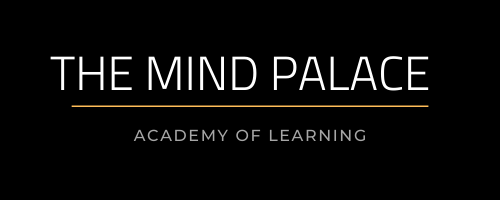Career Options in Medicine and Healthcare

Medicine and healthcare provide rewarding and diverse career opportunities in India. Here are some common career options in the field of medicine and healthcare:
1. MEDICAL DOCTOR (MBBS):
Becoming a medical doctor requires pursuing a Bachelor of Medicine, Bachelor of Surgery (MBBS) degree. Doctors diagnose and treat various medical conditions, work in hospitals, clinics, and healthcare centers, and can specialize in specific areas through postgraduate degrees and residencies.
2. NURSE:
Nurses play a crucial role in patient care, assisting doctors, administering medications, monitoring patients, and providing emotional support. They can work in hospitals, clinics, nursing homes, and community healthcare settings.
3. DENTIST:
Dentists diagnose and treat oral health problems, perform dental procedures, and provide preventive dental care. They can work in private dental clinics, hospitals, and dental research and teaching institutions.
4. PHARMACIST:
Pharmacists dispense medications, provide information about drug interactions and side effects, and offer advice on medication use. They work in pharmacies, hospitals, pharmaceutical companies, and research institutions.
5. PHYSIOTHERAPIST:
Physiotherapists help patients with physical rehabilitation, injury prevention, and pain management through exercises, manual therapy, and other techniques. They work in hospitals, rehabilitation centers, sports clinics, and private practices.
6. MEDICAL LABORATORY TECHNOLOGIST:
Medical laboratory technologists conduct tests on patient samples, analyze results, and assist in diagnosing diseases. They work in medical laboratories, hospitals, research institutes, and public health agencies.
7. MEDICAL RESEARCHER:
Medical researchers work in laboratories and research institutions, conducting studies to improve medical knowledge, develop new treatments, and advance healthcare practices. They may focus on areas such as genetics, drug development, or epidemiology.
8. MEDICAL IMAGING TECHNOLOGIST:
Medical imaging technologists operate imaging equipment such as X-rays, CT scans, MRI machines, and ultrasound devices to produce diagnostic images. They work in hospitals, diagnostic centers, and healthcare facilities.
9. PUBLIC HEALTH PROFESSIONAL:
Public health professionals focus on promoting health and preventing diseases at a community or population level. They work in government health departments, NGOs, research institutions, and international health organizations.
10. HEALTHCARE ADMINISTRATOR:
Healthcare administrators manage and coordinate the operations of healthcare facilities, including hospitals, clinics, and nursing homes. They handle budgeting, personnel management, policy implementation, and ensure smooth functioning of healthcare organizations.
These are just a few examples of career options in medicine and healthcare. Within each field, there are numerous specializations and opportunities for further study and research. It’s important to choose a career path that aligns with your interests, strengths, and long-term goals, and to pursue the required education and training in the chosen field.














